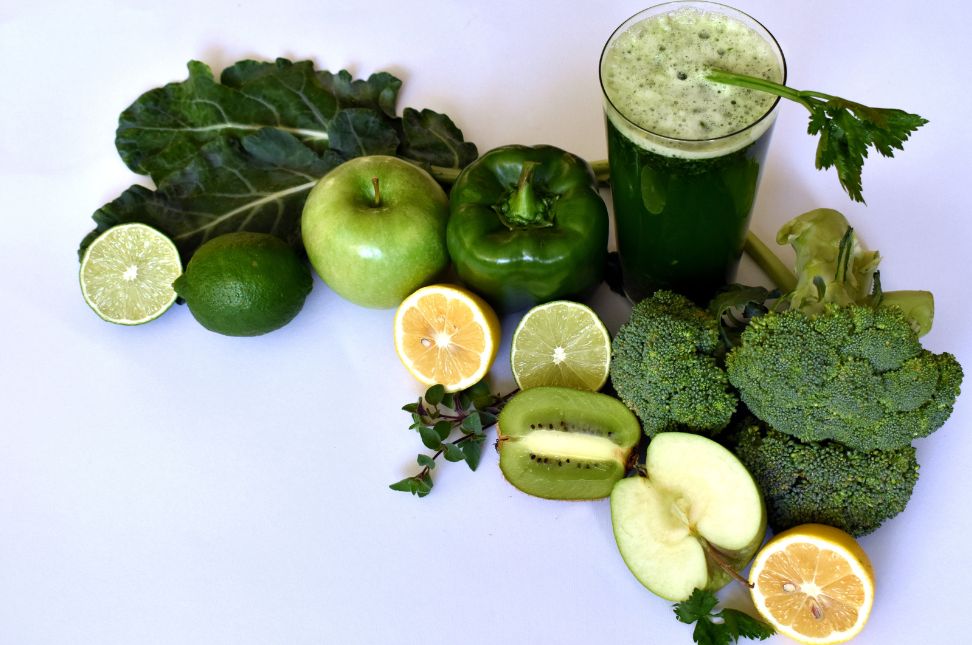Embracing a vegan diet can be a rewarding and healthy choice, but it requires careful planning to ensure you get all the necessary nutrients. Here are some essential vegan nutrition tips to help you thrive on a plant-based diet.
1. Understanding Your Nutritional Needs
When transitioning to a vegan diet, it’s crucial to understand your body’s nutritional requirements. A well-balanced vegan diet should include a variety of fruits, vegetables, grains, legumes, nuts, and seeds. These foods provide essential vitamins, minerals, and macronutrients necessary for overall health.
2. Ensure Adequate Protein Intake
One of the most important vegan nutrition tips is to ensure you’re getting enough protein. Plant-based protein sources include beans, lentils, chickpeas, tofu, tempeh, edamame, quinoa, nuts, and seeds. Incorporate these into your daily meals to meet your protein needs.
3. Focus on Iron-Rich Foods
Iron is crucial for maintaining energy levels and preventing anemia. Good plant-based sources of iron include lentils, chickpeas, tofu, quinoa, fortified cereals, pumpkin seeds, and dark leafy greens like spinach and kale. To enhance iron absorption, pair these foods with vitamin C-rich foods like citrus fruits, bell peppers, and tomatoes.
4. Don’t Forget Vitamin B12
Vitamin B12 is essential for nerve function and the production of DNA and red blood cells. Since it’s primarily found in animal products, vegans need to look for fortified foods or take a B12 supplement. Nutritional yeast, fortified plant milks, and fortified cereals are good sources of B12 for vegans.
5. Get Enough Calcium
Calcium is vital for bone health. While dairy is a well-known source, vegans can get calcium from fortified plant milks, fortified orange juice, tofu, tahini, almonds, and dark leafy greens like broccoli and bok choy. Ensuring a sufficient intake of calcium is one of the key vegan nutrition tips for maintaining strong bones.
6. Include Omega-3 Fatty Acids
Omega-3 fatty acids are crucial for heart and brain health. Plant-based sources of omega-3s include flaxseeds, chia seeds, hemp seeds, and walnuts. Incorporating these into your diet can help meet your omega-3 needs without relying on fish or fish oil supplements.
7. Monitor Your Vitamin D Levels
Vitamin D is important for bone health and immune function. While the body can produce vitamin D from sunlight, many people do not get enough sun exposure. Consider taking a vitamin D supplement, especially during the winter months, or consume fortified foods like plant milks and cereals.
8. Prioritize Whole Foods
Focusing on whole, minimally processed foods is a fundamental vegan nutrition tip. Whole foods are typically richer in nutrients and fiber, helping you feel full and satisfied. Base your meals around fresh fruits, vegetables, whole grains, legumes, nuts, and seeds.
9. Stay Hydrated
Proper hydration is essential for overall health. Drinking enough water helps with digestion, nutrient absorption, and energy levels. Aim to drink at least 8 cups of water a day, and more if you’re active or live in a hot climate.
10. Plan Balanced Meals
Meal planning can help ensure you’re getting a variety of nutrients. Each meal should include a source of protein, healthy fats, and fiber-rich carbohydrates. This balance helps maintain energy levels and keeps you feeling full longer.

11. Be Mindful of Nutrient Deficiencies
Certain nutrients, like iodine and zinc, can be challenging to obtain on a vegan diet. Incorporate sea vegetables like nori and kelp for iodine, and consume nuts, seeds, and legumes for zinc. Consider getting regular blood tests to monitor your nutrient levels and adjust your diet or supplements accordingly.
12. Explore Diverse Cuisines
Exploring a variety of global cuisines can make a vegan diet more exciting and nutritionally diverse. Many cultures have plant-based dishes that are naturally vegan or can be easily adapted. Indian, Mediterranean, and Middle Eastern cuisines, for example, offer numerous flavorful and nutritious vegan options.
13. Listen to Your Body
Pay attention to how your body responds to different foods and adjust your diet as needed. Everyone’s nutritional needs are unique, so it’s important to find what works best for you. Consulting with a registered dietitian who specializes in vegan nutrition can provide personalized guidance.
14. Join a Community
Connecting with other vegans can provide support and motivation. Joining vegan groups or online communities can offer recipe ideas, nutritional advice, and a sense of camaraderie. Sharing experiences and tips with others can make the vegan journey more enjoyable and sustainable.
15. Educate Yourself Continuously
Staying informed about the latest research and nutritional advice is a key vegan nutrition tip. Nutritional science is always evolving, so keep learning and adapting your diet based on new information. Reading books, following reputable nutrition websites, and attending workshops can help you stay up-to-date.
Conclusion
Following these vegan nutrition tips can help you maintain a balanced and healthy diet. By ensuring you get adequate protein, iron, vitamin B12, calcium, omega-3 fatty acids, and other essential nutrients, you can thrive on a vegan diet. Remember to focus on whole foods, plan balanced meals, and stay informed about your nutritional needs. With careful planning and a bit of creativity, you can enjoy the many benefits of a plant-based lifestyle.
Implementing these tips will not only improve your health but also support your ethical and environmental values. Embrace the journey of veganism with confidence and enjoy the delicious and nutritious possibilities it offers.




